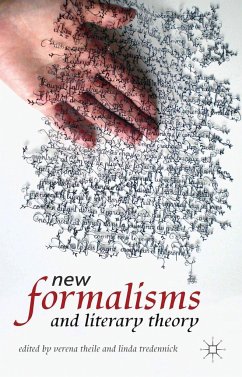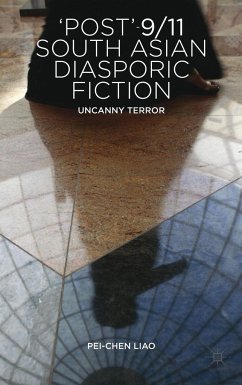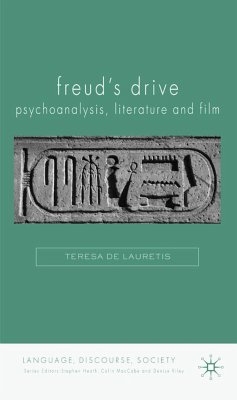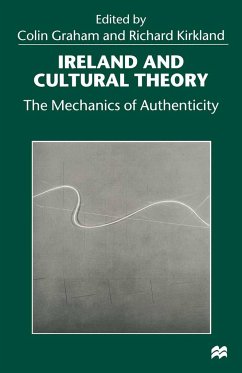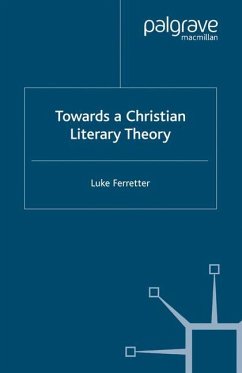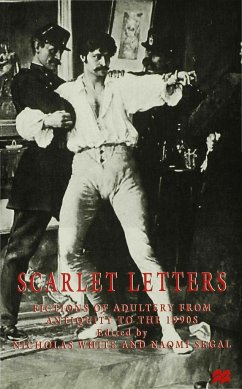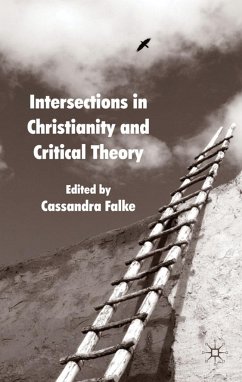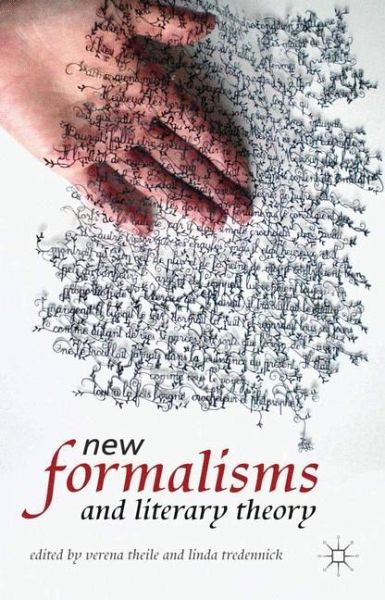
New Formalisms and Literary Theory
Versandkostenfrei!
Versandfertig in 6-10 Tagen
38,99 €
inkl. MwSt.

PAYBACK Punkte
19 °P sammeln!
Bringing together scholars who have critically followed New Formalism's journey through time, space, and learning environment, this collection of essays both solidifies and consolidates New Formalism as a burgeoning field of literary criticism and explicates its potential as a varied but viable methodology of contemporary critical theory.





